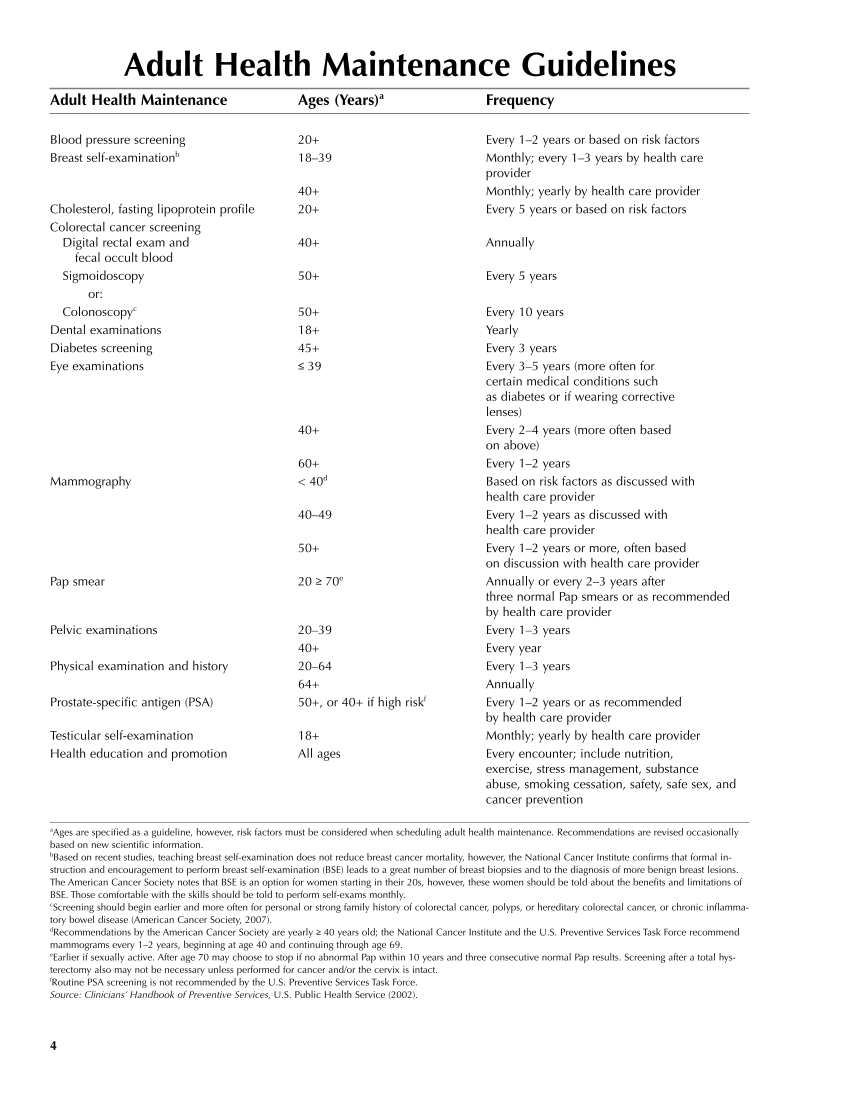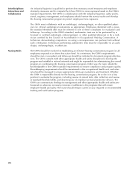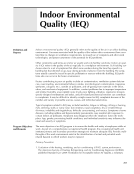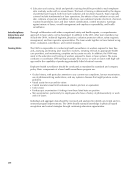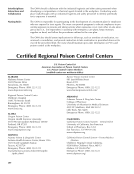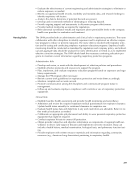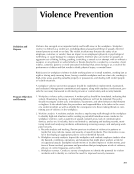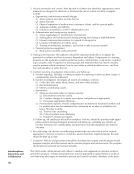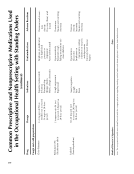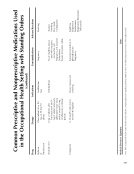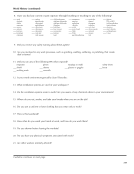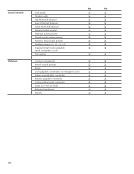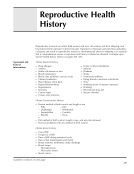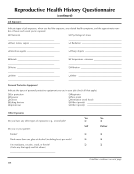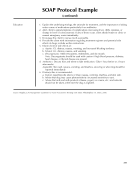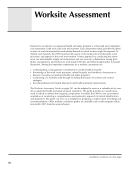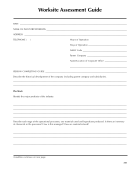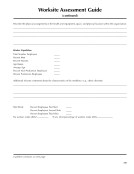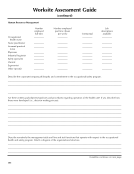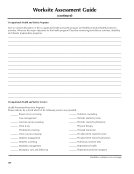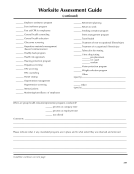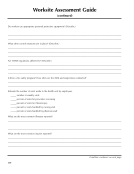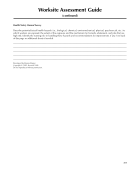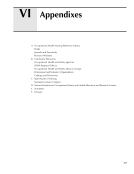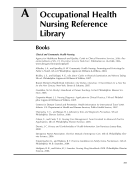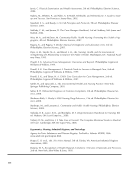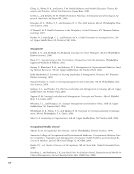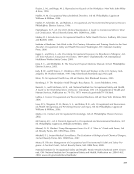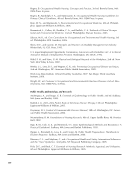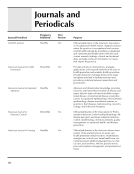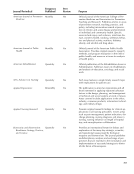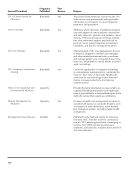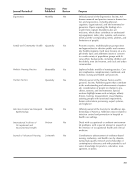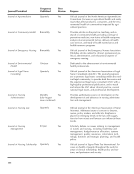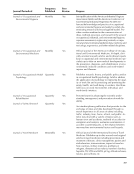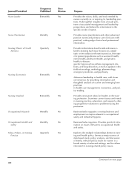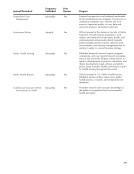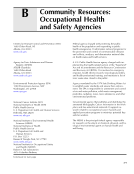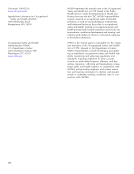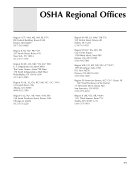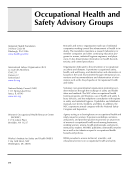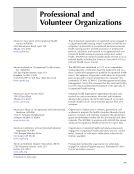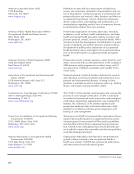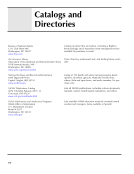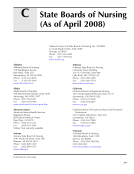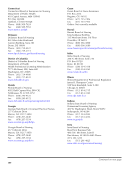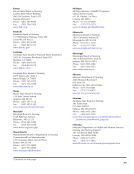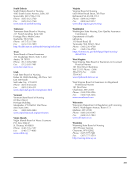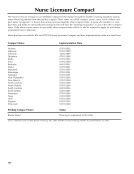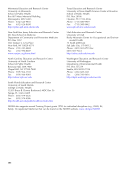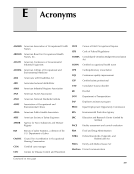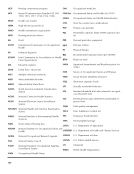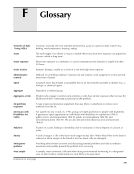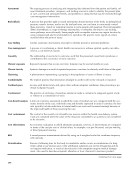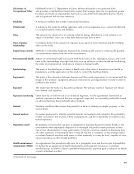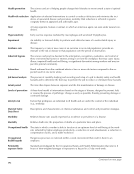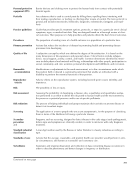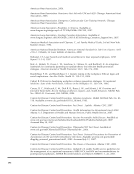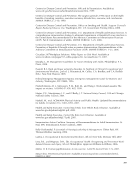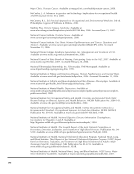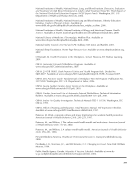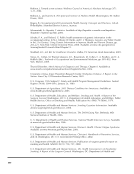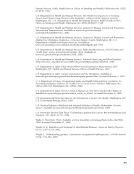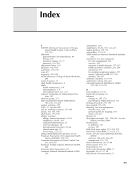4 Adult Health Maintenance Guidelines Adult Health Maintenance Ages (Years)a Frequency Blood pressure screening 20+ Every 1–2 years or based on risk factors Breast self-examinationb 18–39 Monthly every 1–3 years by health care provider 40+ Monthly yearly by health care provider Cholesterol, fasting lipoprotein profile 20+ Every 5 years or based on risk factors Colorectal cancer screening Digital rectal exam and 40+ Annually fecal occult blood Sigmoidoscopy 50+ Every 5 years or: Colonoscopyc 50+ Every 10 years Dental examinations 18+ Yearly Diabetes screening 45+ Every 3 years Eye examinations ≤ 39 Every 3–5 years (more often for certain medical conditions such as diabetes or if wearing corrective lenses) 40+ Every 2–4 years (more often based on above) 60+ Every 1–2 years Mammography 40d Based on risk factors as discussed with health care provider 40–49 Every 1–2 years as discussed with health care provider 50+ Every 1–2 years or more, often based on discussion with health care provider Pap smear 20 ≥ 70e Annually or every 2–3 years after three normal Pap smears or as recommended by health care provider Pelvic examinations 20–39 Every 1–3 years 40+ Every year Physical examination and history 20–64 Every 1–3 years 64+ Annually Prostate-specific antigen (PSA) 50+, or 40+ if high riskf Every 1–2 years or as recommended by health care provider Testicular self-examination 18+ Monthly yearly by health care provider Health education and promotion All ages Every encounter include nutrition, exercise, stress management, substance abuse, smoking cessation, safety, safe sex, and cancer prevention aAges are specified as a guideline, however, risk factors must be considered when scheduling adult health maintenance. Recommendations are revised occasionally based on new scientific information. bBased on recent studies, teaching breast self-examination does not reduce breast cancer mortality, however, the National Cancer Institute confirms that formal in- struction and encouragement to perform breast self-examination (BSE) leads to a great number of breast biopsies and to the diagnosis of more benign breast lesions. The American Cancer Society notes that BSE is an option for women starting in their 20s, however, these women should be told about the benefits and limitations of BSE. Those comfortable with the skills should be told to perform self-exams monthly. cScreening should begin earlier and more often for personal or strong family history of colorectal cancer, polyps, or hereditary colorectal cancer, or chronic inflamma- tory bowel disease (American Cancer Society, 2007). dRecommendations by the American Cancer Society are yearly ≥ 40 years old the National Cancer Institute and the U.S. Preventive Services Task Force recommend mammograms every 1–2 years, beginning at age 40 and continuing through age 69. eEarlier if sexually active. After age 70 may choose to stop if no abnormal Pap within 10 years and three consecutive normal Pap results. Screening after a total hys- terectomy also may not be necessary unless performed for cancer and/or the cervix is intact. fRoutine PSA screening is not recommended by the U.S. Preventive Services Task Force. Source: Clinicians’ Handbook of Preventive Services, U.S. Public Health Service (2002).
Purchased from OEM Press by (ge corporate access). (C) 2013 OEM Health Information, Inc. All rights reserved.
